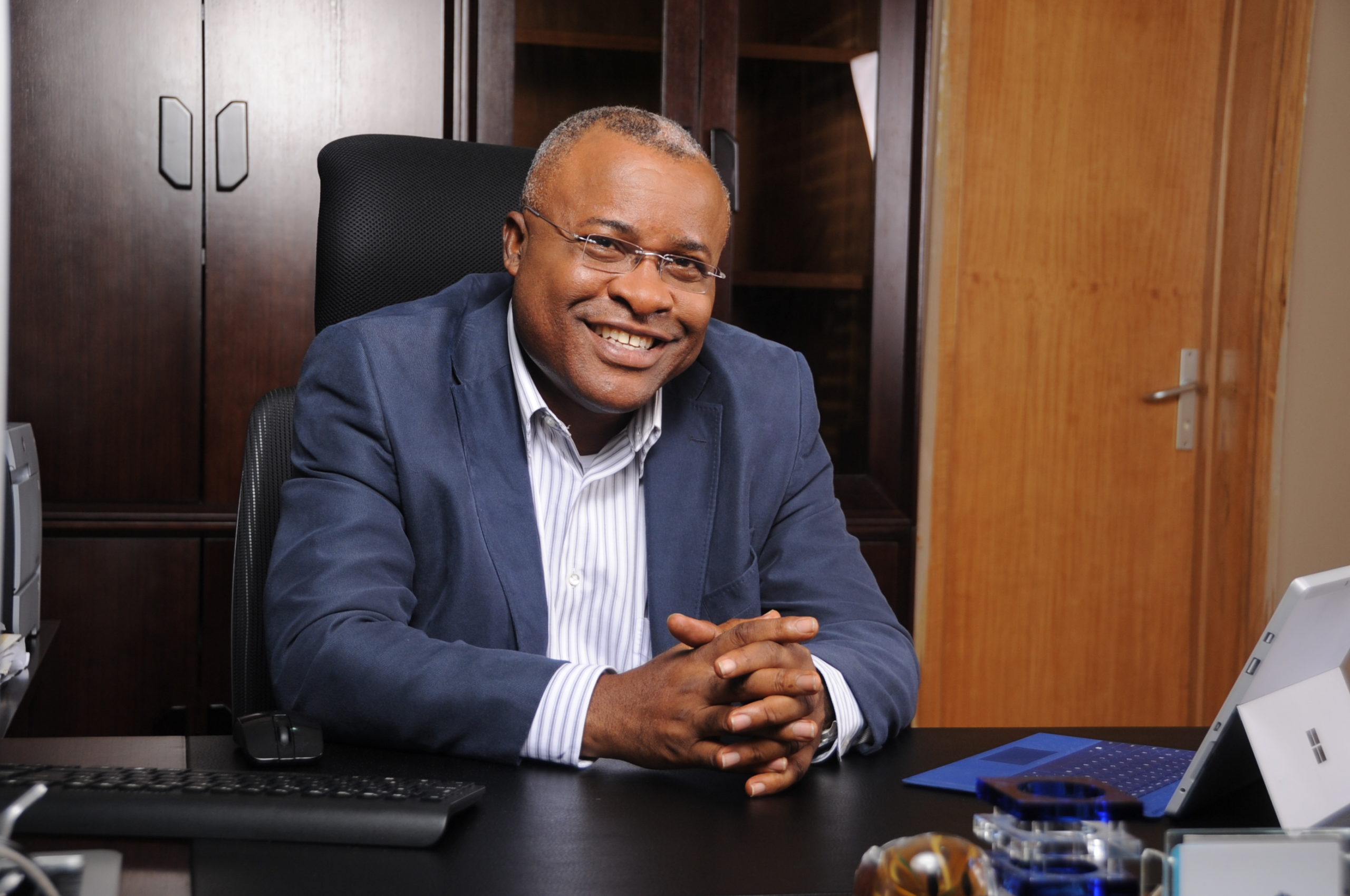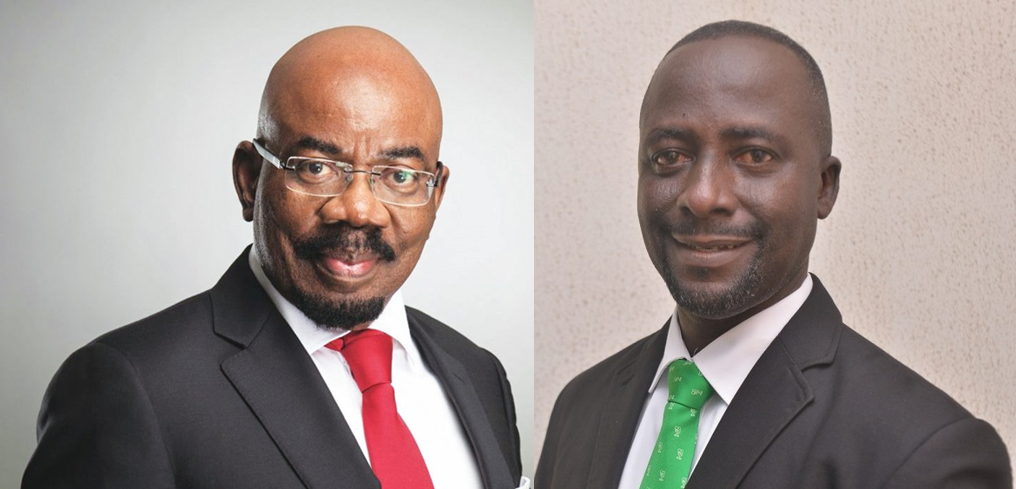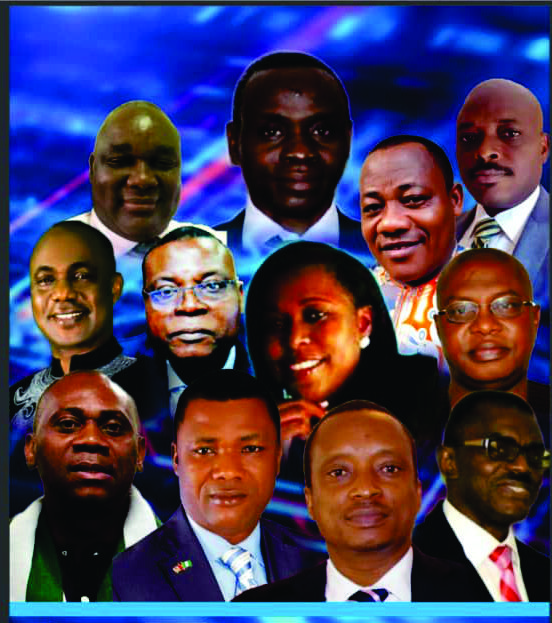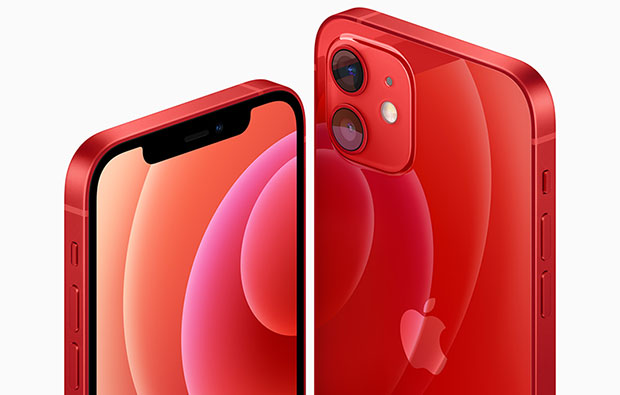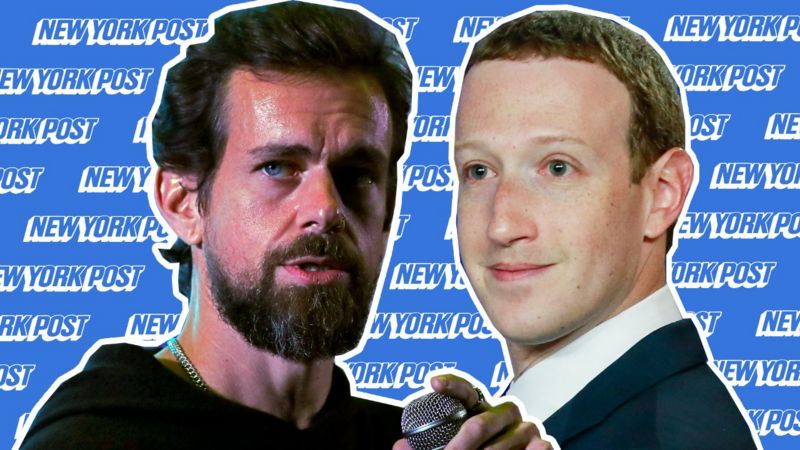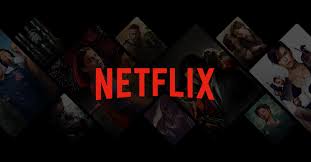Abuja named street after Ekeh, Nigeria’s biggest tech enthusiast
Nigeria’s Federal Capital Territory, Abuja has named a...
Zoom tops the 2020 mobile app charts
In a year that saw leaving the house become criminalised in...
Etisalat claims new 5G speed record of 9.1 Gigabits per second
UAE-based operator group Etisalat combined 2.6 GHz, 3.5 GHz...
How Machine Learning Is Changing the Future of Software Testing
The majority of software development teams believe they...
Chijioke Eke Emerges Tech CEO of the Year
Mr. Chijioke Eke, Managing Director, Sidmach Technologies...
Nigeria @60: Don Pedro Aganbi Inducted Into ICT Hall of Fame
Don Pedro Aganbi, a pioneer Nigerian ICT Broadcaster and...
Garlands As Jim Ovia pledges N15million support For NCS Scholarship Programme.
The Chairman of Zenith Bank Plc., Jim Ovia, has again...
Black Friday: Konga Yakata 2020 Exceeding Sales Expectations
The 2020 edition of Konga Yakata is living up to...
Medallion Communications Clinches Most Connected Data Centre of the Decade Award
Medallion Communications has emerged the most connected...
A first look at iPhone 12 and iPhone 12 Pro
At a recent virtual event, Apple announced its latest...
The Role Of Technology In US Election. By Don Pedro Aganbi
As the world continue to experience a major digital...
Facebook and Twitter Chiefs To Testify Over Censorship of Posts
Facebook’s Mark Zuckerberg and Twitter’s Jack...
Dad Uses Recording Device To Catch Daughter’s Teacher In The Act
As a parent, you’re supposed to protect your children from...
NCS Expresses Concern Over Attacks on Govt, Organisations’ Websites.
The Nigeria Computer Society (NCS), the umbrella body for...
How 5G and Big Data are Ushering in a Wider Technological Revolution
History dictates, that as we readily adopt new technologies...
Netflix Seeks Telco Partnership to Unlock African Market.
With their well-established customer bases and online...
Stripe Completes Acquisition of Paystack, Nigerian online payment startup.
It is the biggest startup acquisition to date to come out...





